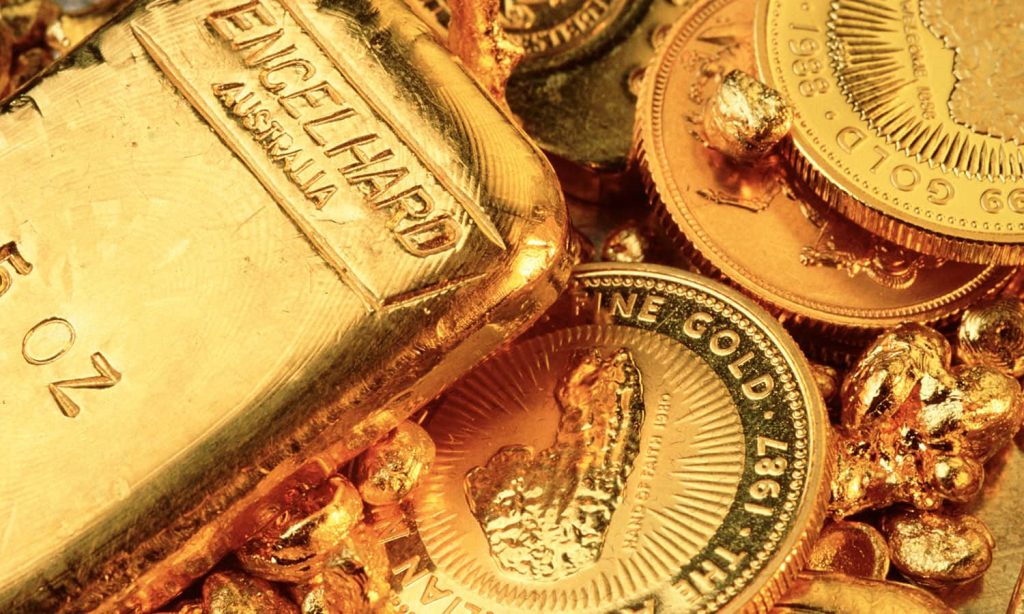You could go about life without one, but when disaster strikes — be it an unforeseen injury or sudden unexpected home cost — you’ll thank past you for putting together an emergency fund.
Accidents, illness and job loss are all too common, and when events like these put you out of work, it’s important to have an emergency fund and gather an understanding of how money is inextricably linked to being ready for life and life’s big milestones.
Unexpected events needn’t spell financial disaster; a little planning goes a long way.
What is an emergency fund?
One of the central tenets to healthy financial planning is preparing for the future, whatever it may bring, and an essential component of managing your money well is having an emergency fund.
An emergency fund is designed to cover you financially when an unexpected expense crops up. Your emergency fund can serve as a place to draw on the money you need when you find yourself short, but it needs to be immediately accessible via savings or investments (read: no term deposits or a portion of your superannuation).
How much do I need in my emergency fund?
Ideally, you should save about three months’ living expenses in your emergency fund, or even more if you don’t have income protection.
Let’s hope that you don’t need to access the money in your emergency fund and you’re able to maintain it for the long-term to improve your financial wellness. In the end, you’ll be financially resilient.
Tips for getting an emergency fund together fast
Don’t be discouraged early on if things take a while. Changing your habits can be challenging and saving is a slow-burn. To see real impact, focus your savings efforts on one or two things that could save you plenty of money quickly. Don’t just think coffee (we need our coffee!), think about things like groceries.
Buy smart:
Resist unnecessary trolley-fillers and snacks. Buy foods seasonally and plan your weekly meals and adjust your spending by making your lunch for a month, for instance.
Save the shrapnel:
At the end of each day, empty your wallet of the coins into a jar and cash it in at the end of the month to add to your emergency fund. If your fund is a standard bank account, your local branch will be happy to count your coins and cash them in for you.
Make money moves at work:
You can ask your payroll department to split your salary so a portion is automatically deposited to your emergency fund account each pay cycle. This removes the task from your list, and it’s a great way to avoid the temptation of keeping the money for something that may or may not really be needed.
—
Having an emergency fund is more than just saving for the unexpected. It’s an important exercise in mindfulness, and a great way to get on with enjoying life knowing that you’re in good hands should your circumstances change.
Want to find out the best ways to build an emergency fund? Speak with your new BFF at Best Financial Friend today.







